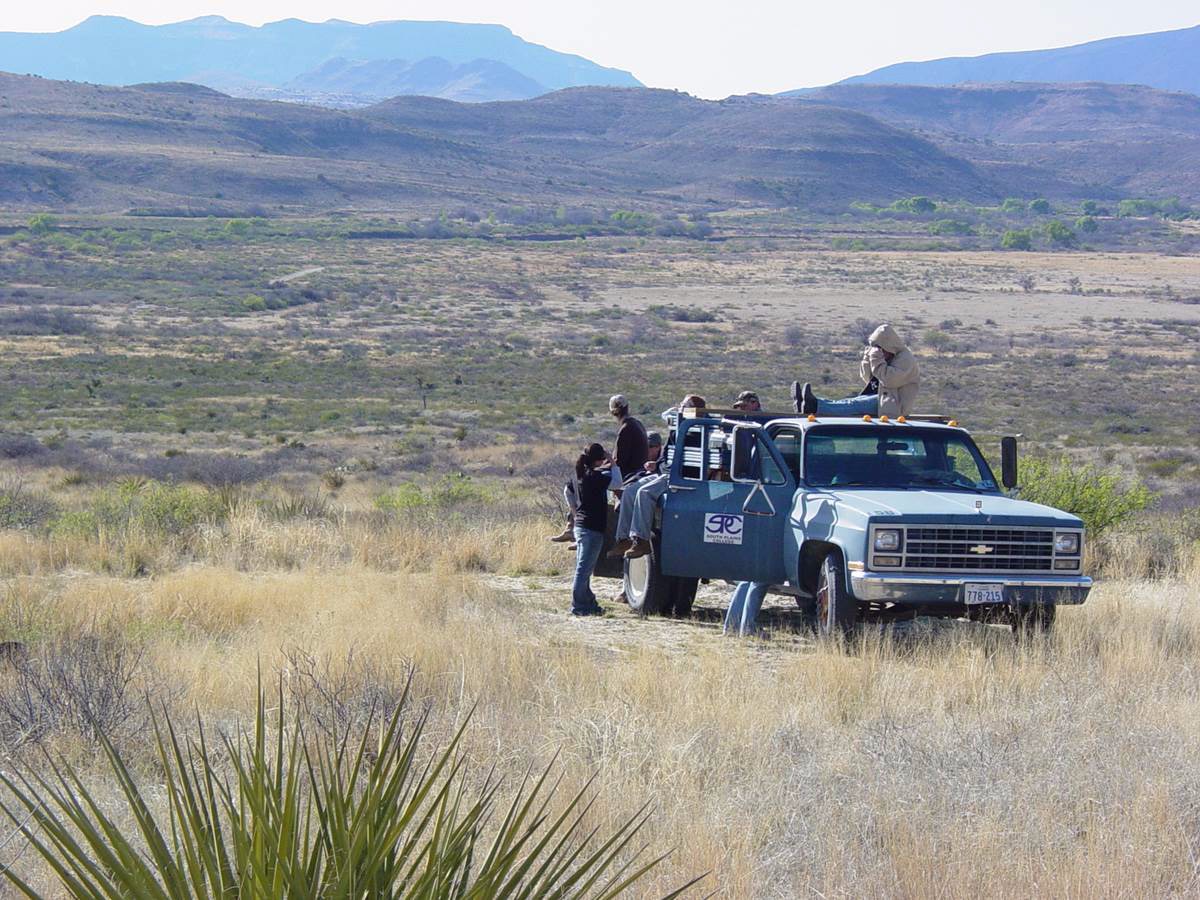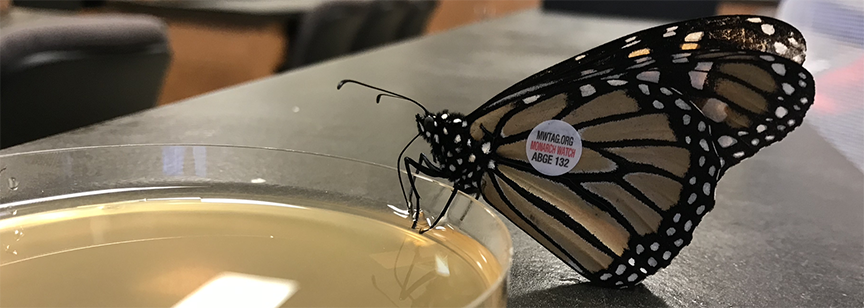The Biology Department offers various courses designed for science and non-science majors. Listed below are descriptions of courses you can take while attending SPC.
Anatomy & Physiology
-
Anatomy and Physiology I & II coursesstudy the structure and function of thehuman body including cells, tissues and organs of human systems. Courses emphasize interrelationships among systems and regulation of physiological functions involved in maintaining homeostasis. It is recommended that students have completed CHEM 1406 or an equivalent course prior to enrolling in this course. Students must complete A&P I (BIOL 2401) prior to taking A&P II (BIOL 2402).

Biology for Science Majors
-
Biology I & II for Science Majors courses examine the fundamental principles of living organisms as well as the diversity and classification of life. In Biology I (BIOL 1406), students focus on the physical and chemical properties of life, including organization, function, and evolutionary adaptation. Biology II (BIOL 1407) examines thediversity and classification of life, including animals, plants, protists, fungi, and prokaryotes. Special emphasis is given to anatomy, physiology, ecology, and evolution of plants and animals. Students must complete Biology I (BIOL 1406) with a grade of C or better prior to taking Biology II (BIOL 1407).
Biology for Non-Science Majors
- Biology I & II for Non-Science Majors courses have an identical focus as described for the Majors courses, but have been specifically designed to offer a broad, well-rounded emphasis on scientific concepts. Students will learn the fundamental principles of living organisms including physical and chemical properties of life, organization, function, and evolutionary adaptation. Biology I for Non-Science Majors (BIOL 1408) focuses on defining science and the scientific method, cell biology, genetics and evolution. Biology II for Non-Science Majors (BIOL 1409) provides a survey of biologicalprinciples with an emphasis on humans, including evolution, ecology, plant and animal diversity, and physiology. Please note that students do not need to take BIOL 1408 to take BIOL 1409.
Biotechnology
- Introduction to Biotechnology I (BIOL 1414) offers students an overview of classical genetics, DNA structure, the flow of genetic information, DNA replication, gene transcription, protein translation. Principles of major molecular biology and genetic engineering techniques, including restriction enzymes and their uses, major types of cloning vectors, construction of libraries, Southern and Northern blotting, hybridization, PCR, DNA typing. Applications of these techniques in human health and welfare, medicine, agriculture and the environment. Introduction to the human genome project, gene therapy, molecular diagnostics, forensics, creation and uses of transgenic plants and animal and animal cloning and of the ethical, legal, and social issues and scientific problems associated with these technologies.
Botany
- General Botany (BIOL 1411) focuses on the fundamental biological concepts relevant to plant physiology, life cycle, growth and development, structure
and function, and cellular and molecular metabolism. Students will examine the role
of plants in the environment, evolution of plants, and the phylogeny of major plant
groups, algae, and fungi.

Microbiology
- This course covers basic microbiology and immunology and is primarily directed at pre-nursing, pre-allied health, and non-science majors. It provides an introduction to historical concepts of the nature of microorganisms, microbial diversity, the importance of microorganisms and acellular agents in the biosphere, and their roles in human and animal diseases. Major topics include bacterial structure as well as growth, physiology, genetics, and biochemistry of microorganisms. Emphasis is on medical microbiology, infectious diseases, and public health.
Wildlife
- IntrouctoryWildlife (BIOL 2306) studies principles of environmental systems and ecology, including biogeochemical cycles, energy transformations, abiotic interactions, symbiotic relationships, natural resources and their management, lifestyle analsis, evolutionary trends, hazards and risks, and approaches to ecological research. Field trips are required. Students must have taken any 4-hour biologyclass to register, or require permission of the instructor.
Zoology
- General Zoology (BIOL1413)examinesfundamental biologicalconcepts relevant to animals, including systematics, evolution, structure and function,
cellular and molecular metabolism, reproduction, development, diversity, phylogeny,
and ecology.


